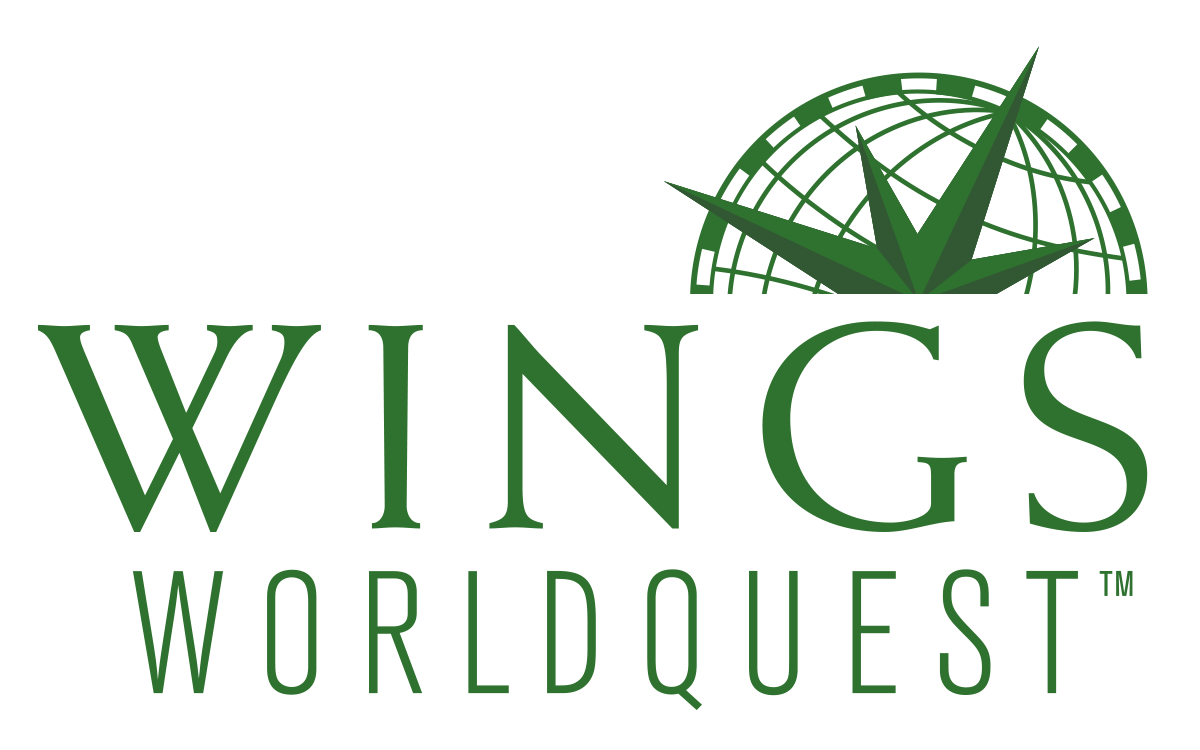Women of Discovery: Q&A With Laly Lichtenfeld
On April 23, WINGS WorldQuest will induct four new Fellows during our 2019 Women of Discovery Awards in New York City. We are sharing insight from each of our awardees in a special Q&A series. Our third Q&A is with Laly Lichtenfeld, PhD, the co-founder of African People & Wildlife, which helps rural communities in Tanzania conserve and benefit from their wildlife and natural resources. She will receive the 2019 Women of Conservation Award.
Photo courtesy Laly Lichtenfeld
WINGS WORLDQUEST: Tell us your story. How did you get involved in science and in your field specifically?
LALY LICHTENFELD: I grew up with a passion for everything wild – the outdoors, animals, and the sheer freedom that comes from deep immersion in nature. This led me in my teenage years to consider different occupations from veterinary medicine to wildlife conservation to environmental law. However, a trip to Kenya in 1992 as a freshman in college solidified my dream of working in African wildlife conservation. There was no turning back. I pursued a prestigious Fulbright scholarship and soon found myself researching community-based conservation in southern Kenya, while deferring a masters at the Yale School of Forestry and Environmental Studies for a year. While conducting research in Kenya, my interests broadened from wildlife to the fascinating interrelationships and interactions between humans and wild animals. Interdisciplinary studies were not prevalent back then. Rolling directly from my masters into my Ph.D., Yale was the only school at the time that encouraged my desire to pursue equally the disciplines of wildlife ecology and social ecology for my doctorate. By bringing these disciplines together, I now work to find the balance for people and wildlife in unique and innovative ways. To do this, I co-founded African People & Wildlife and moved from pure science to applied conservation. I now use my strong scientific background to help guide our successful conservation interventions that target win-win solutions for people and wildlife. There is no time to waste.
WWQ: What is something you would like people to understand about your field and your work?
LL: Applied conservation is a complex field. More often than not, it requires an intimate knowledge of not only ecology and biology but also an understanding of human behavior, psychology, culture, politics, and much more. Ninety-five percent of our efforts and time are spent working with people, not out observing lions or other wildlife species. It is easy to romanticize this work, and of course, there are incredible moments. However, lasting change at African People & Wildlife usually originates under a tree in a community meeting.
WWQ: What are the greatest barriers to having more women work in science?
LL: When I think of a barrier, I think of something you can’t get through. However, I believe women can break through anything they put their minds and their determination to. So let’s talk about challenges instead. In my field, as one of the few women CEOs in conservation, I often find myself seated at the proverbial (decision-making) table with a group of men. It’s no secret that men and women communicate and resolve issues differently, so there are definitely challenges to being heard and to breaking through the old boys’ network. Sometimes, it feels like you have to prove yourself even more, and this can be frustrating. Nevertheless, times are changing, and I think it is particularly encouraging that more and more women are leading conservation projects.
WWQ: What gets you up in the morning?
LL: My young daughter, her Labrador puppy, and coffee – in that order!
But seriously, it’s the roar of the lion, the early songs of birds at dawn, and the murmuring of my team as they get ready for another day. It is the knowledge that every single day we can and will make a difference for people and wildlife. We have to!
WWQ: What's your next challenge?
LL: African People & Wildlife is accelerating. We’ve refined and honed our internationally recognized model of community-driven conservation. Now, it’s time to take it to scale both on the ground in Tanzania and more broadly across Africa. This year, we are working on our 2030 vision. Achieving this vision will require innovative and strategic thinking (and financing!) and a new level of organizational management for the team and myself. It is an extremely exciting time to be a part of African People & Wildlife!
WWQ: Describe yourself in three words.
LL: Unwavering, bold, and innovative.

